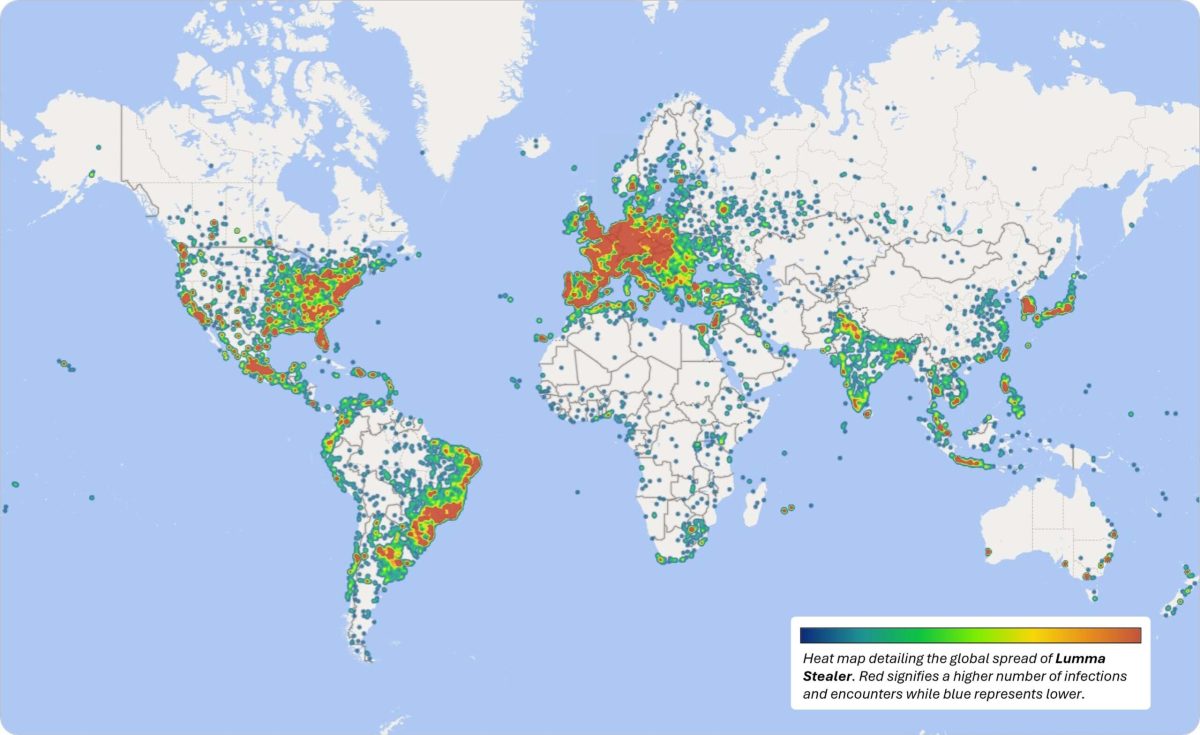Microsoft Discovers Lumma Password Stealer Malware Affecting 394,000 Windows PCs
In a significant move to combat cybercrime, Microsoft and law enforcement agencies have successfully executed a court-authorized takedown of Lumma, a notorious info-stealer malware operation affecting over 394,000 Windows PCs worldwide, particularly in Brazil, Europe, and the United States. This operation highlights the ongoing battle against malware threats that compromise personal and financial information.
The Takedown of Lumma: A Collaborative Effort
In a coordinated effort, Microsoft initiated civil action requesting a federal court to seize a total of 2,300 domains that constituted the command and control servers for the Lumma malware network. Additionally, the U.S. Justice Department seized five domains that were integral to the operation of Lumma’s infrastructure.
Understanding Lumma Malware
Lumma is classified as a password-stealing malware that often infiltrates systems through dubious games or cracked applications downloaded from the internet. Upon infection, this malware can:
- Steal logins and passwords
- Extract credit card information
- Access cryptocurrency wallets
The stolen data is then sold on the dark web to other cybercriminals. Moreover, Lumma acts as a backdoor, allowing hackers to deploy additional malicious software, including ransomware.
The Impact of Password-Stealing Malware
Malware like Lumma is not just a nuisance; it has been linked to significant cyberattacks that have compromised vast amounts of sensitive data from major tech firms. Notable incidents include:
- Data breaches at PowerSchool
- Cyberattacks against Snowflake
These incidents underscore the critical need for robust cybersecurity measures to protect personal data and sensitive information.
Protecting Yourself from Malware
To safeguard against threats like Lumma, consider the following tips:
- Only download software and applications from reputable sources.
- Keep your antivirus software up to date.
- Utilize strong, unique passwords for different accounts.
- Enable two-factor authentication wherever possible.
For more information on cybersecurity best practices, visit CISA’s official website.
By staying informed and vigilant, you can significantly reduce the risk of falling victim to malware attacks like Lumma.







